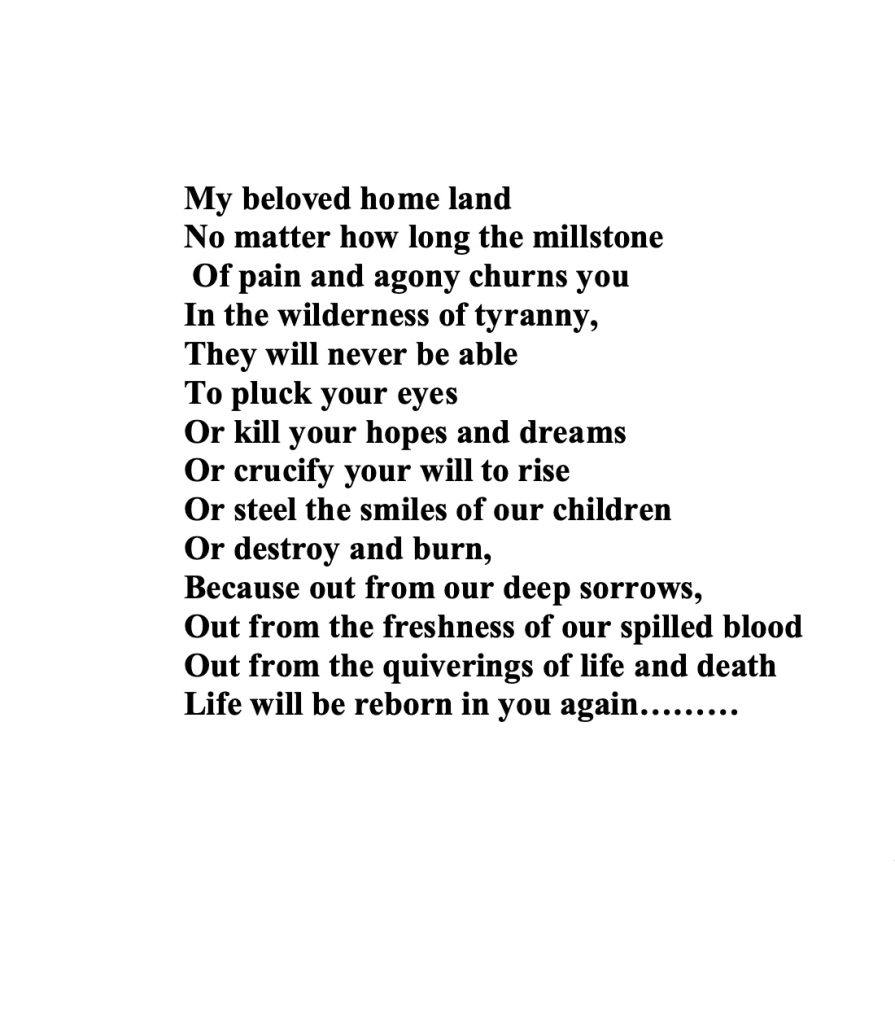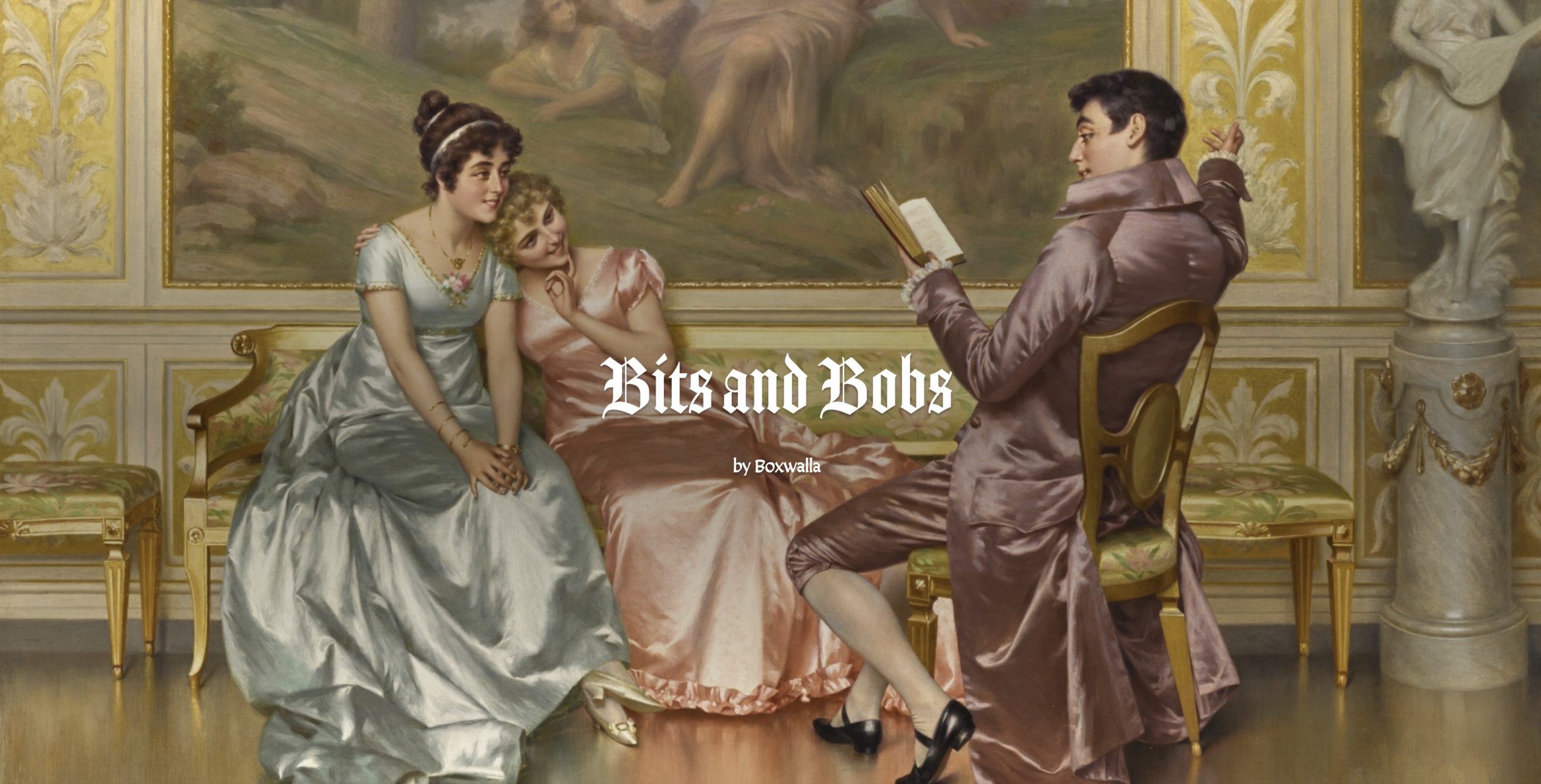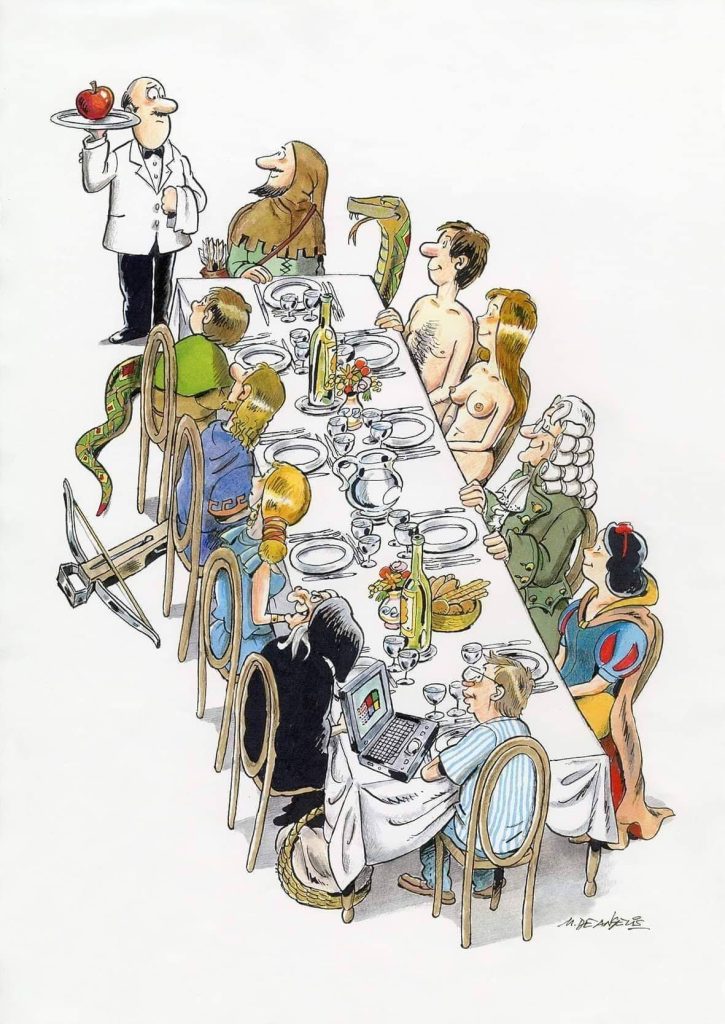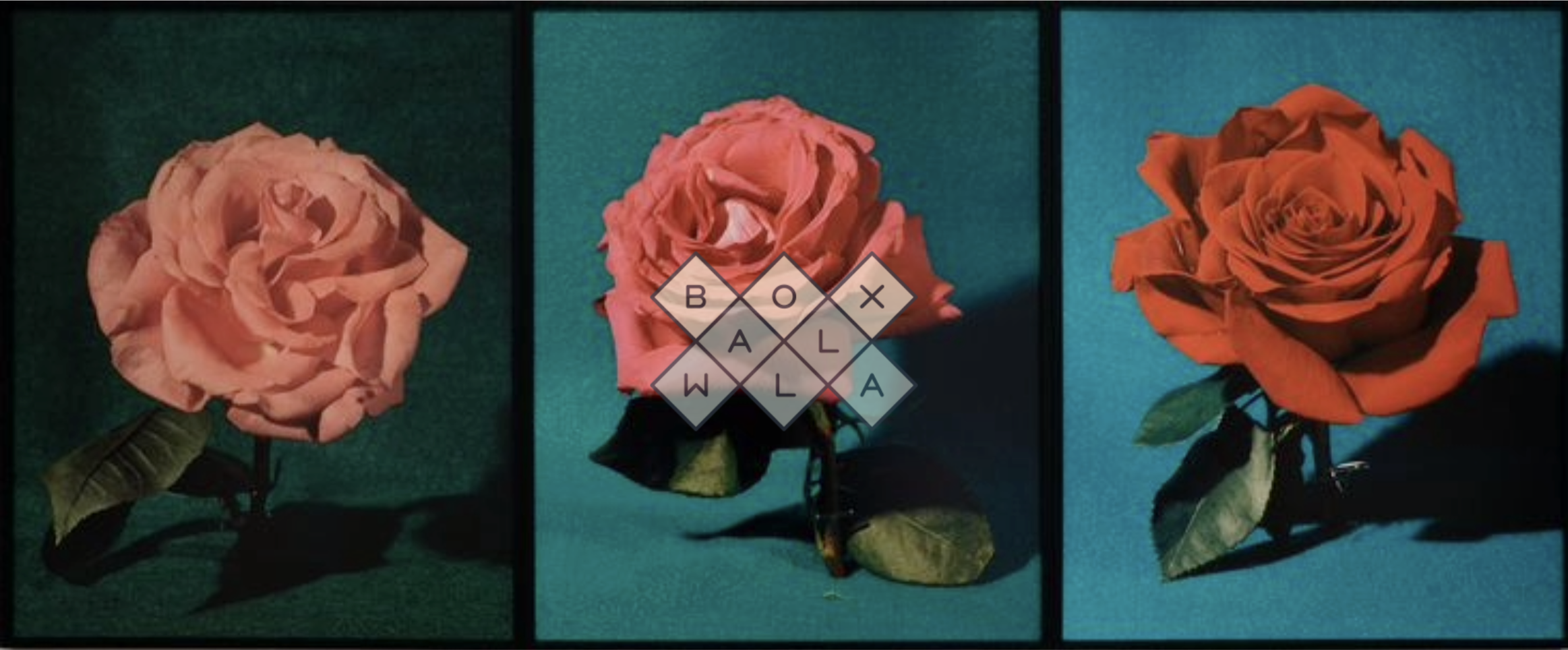“I am sitting for the moment on the veranda-like projection of our rooms and I can see in the distance the blue mountains, not very high, about 6,000 feet. Nearer lie the lower hills, thickly wooded to their very summits. Dark masses of low pine trees clustered together, producing an unruly matted surface, and against them, to offset the dark green, is the occasional paler green of the weeping willow. That is all, mountains and trees all around and such a deep silence. I can hear the carpenter in the distance quietly sawing wood. He uses the little outhouse, which was once a stage, as his workshop. Nearer me, the wasps are buzzing in the wooden beams, building a hive, large black and yellow wasps moving along the rust-red beams, and, of course, the hum of the crickets in the grass. Last night when I snuffed out the candle, and looked out through the window, I saw a firefly—I haven’t seen one in so long.”
The above lines were written by Romila Thapar, India’s greatest living historian and an inspiration for all of us at Boxwalla. They are from her memoir, Gazing Eastwards: Of Buddhist Monks and Revolutionaries in China, in which she talks about her first visit to China, as a research assistant, in 1957. Reading this book, I was continually struck by Romila’s evocative, clear-as-a-spring prose and her sharp observations; a lot of her writing is academic but this memoir from her twenties revealed some of her formidable, profound and, yes, literary mind for me.
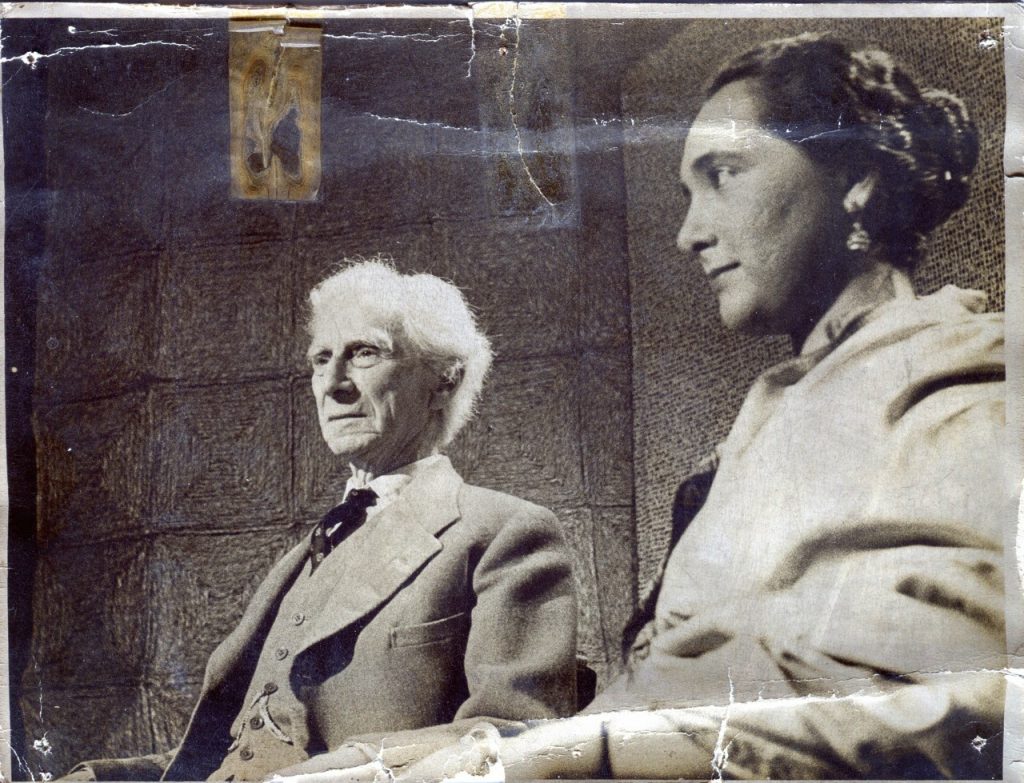
Leon’s view from A View, From a Bridge
(a person on a bridge picks up a phone and shares their view with the world)
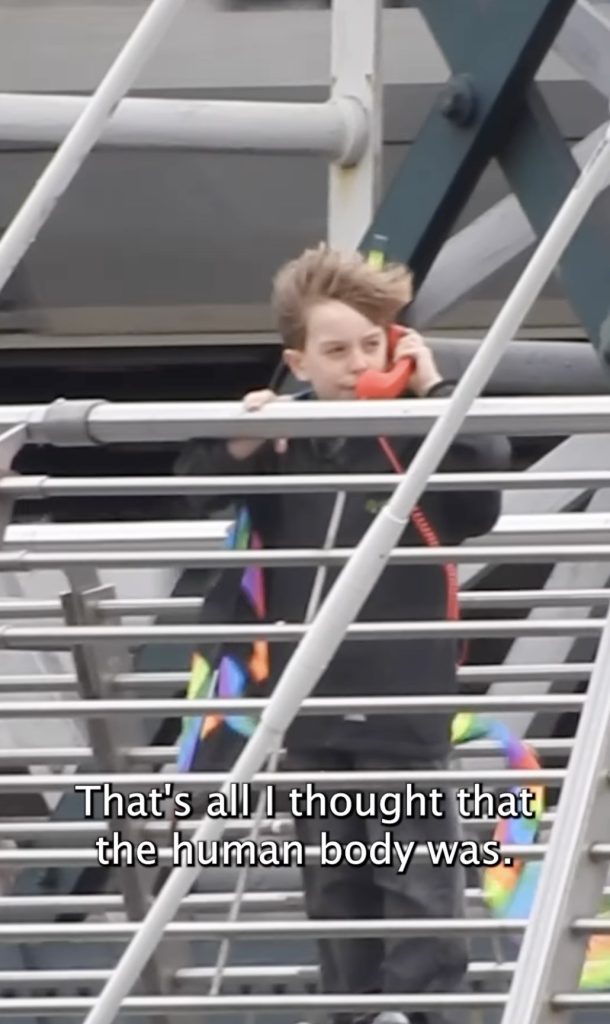

“Who ordered the apple?”
GK Chesterton on the importance of fairy tales for a child:
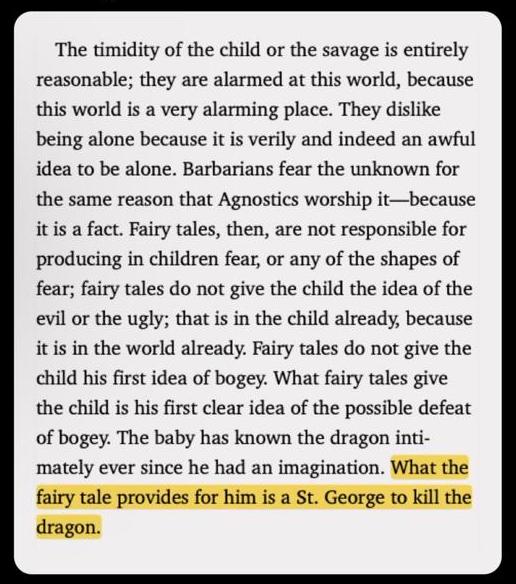
Ever Alive by Fadwa Tuqan
